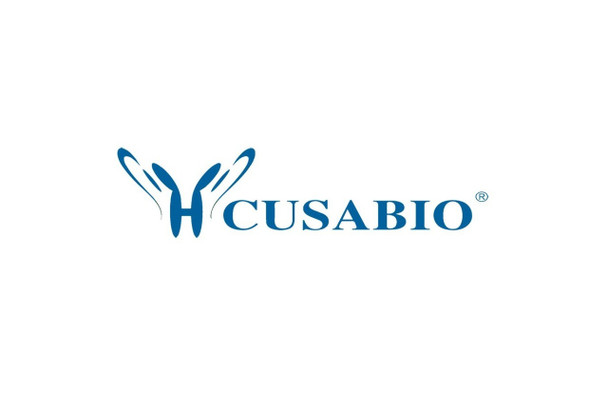Cusabio Polyclonal Antibodies
DPYD Antibody | CSB-PA007168KA01HU
- SKU:
- CSB-PA007168KA01HU
- Availability:
- 3 to 7 Working Days
- Size:
- 100ul (100ug)
Description
DPYD Antibody | CSB-PA007168KA01HU | Cusabio
DPYD Antibody is Available at Gentaur Genprice with the fastest delivery.
Online Order Payment is possible or send quotation to info@gentaur.com.
Product Type: Polyclonal Antibody
Target Names: DPYD
Aliases: DPYD; DHP; DPD; DHPDHASE
Background: Dihydropyrimidine dehydrogenase (DPD, DPYD) catalyzes the initial and rate-limiting step in uracil and thymidine catabolism as well as catabolism of the chemotherapeutic drug 5-fluorouracil (5-FU) and its derivatives. DPYD deficiency, which results from mutations in the DPYD gene, causes errors in pyrimidine metabolism and potentially life-threatening side effects in cancer patients treated with 5-FU (reviewed in 1) . As a result, ongoing work examines whether or how DPYD gene variation and protein expression can be used to predict 5-FU toxicity. Several genes that impart resistance to 5-FU were recently identified in human hepatocellular carcinoma (HCC) . AEG-1, which is highly expressed in HCC, increases the expression of DPYD. DPYD is expressed more highly in HCC than in normal liver, and this is thought to be one mechanism of 5-FU resistance.
Isotype: IgG
Conjugate: Non-conjugated
Clonality: Polyclonal
Uniport ID: Q12882
Host Species: Rabbit
Species Reactivity: Human, Mouse, Rat
Immunogen: Recombinant protein of human DPYD
Immunogen Species: Human
Applications: ELISA, WB, IHC
Tested Applications: ELISA, WB, IHC;WB:1:500-1:2000, IHC:1:50-1:200
Purification Method: Affinity purification
Dilution Ratio1: ELISA:1:2000-1:10000
Dilution Ratio2: WB:1:500-1:2000
Dilution Ratio3: IHC:1:50-1:200
Dilution Ratio4:
Dilution Ratio5:
Dilution Ratio6:
Buffer: Buffer: PBS with 0.02% sodium azide, 50% glycerol, pH7.3.
Form: liquid
Storage: Upon receipt, store at -20°C or -80°C. Avoid repeated freeze.
Initial Research Areas: Signal Transduction
Research Areas: Cancer;Metabolism;Signal transduction






